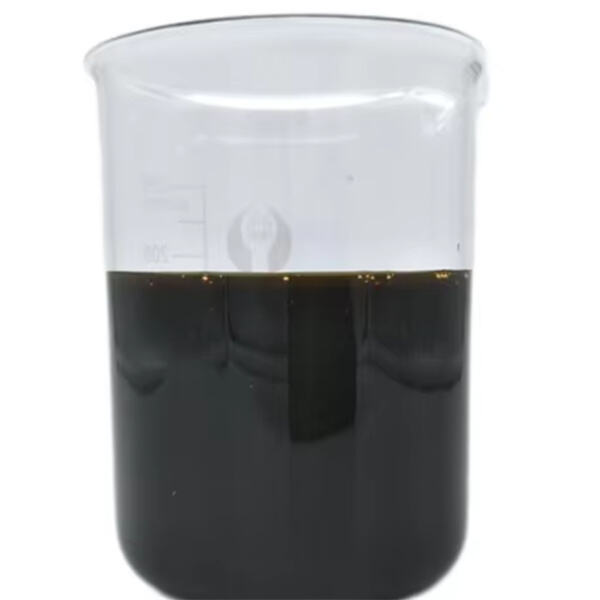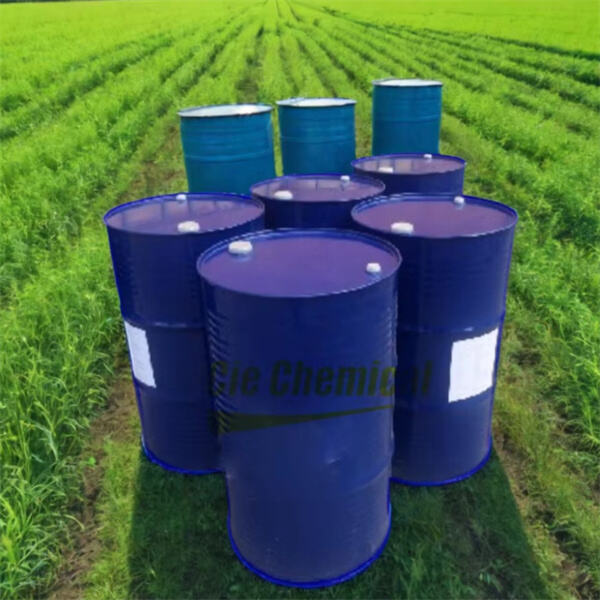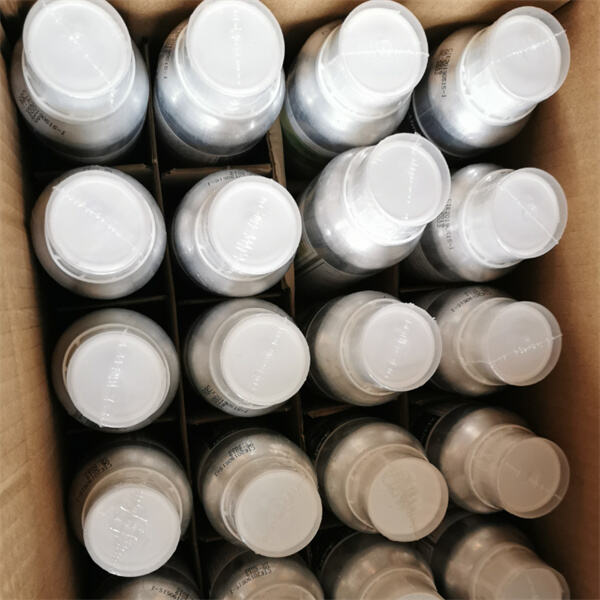Diquat Herbicide ‘Diquat Herbicide can help farmers manage weeds in the fields. This herbicide is designed to kill weeds, not crops, which is good for crops. Read on to discover how Diquat Herbicide’s application, benefits, environmental impact, safety, and some alternatives for controlling weeds.
Farmers apply Diquat Herbicide to kill growth and weeds that can damage their crop. It may also be used in the case of troublesome weeds, and particularly in areas where weeds are a serious problem. By killing weeds, Diquat Herbicide helps crops grow better and produce more food for people. It’s user-friendly — that’s one reason a lot of farmers like it.
Diquat Herbicide prevents weeds from producing food from sunlight. This is known as photosynthesis. Without it, the weeds die, enabling crops room and resources to flourish. Farmers use the Diquat Herbicide judiciously so that it kills only the weeds, not the crops they want to keep.

The Diquat Herbicide helps farmers as it can, however, have an impact on the environment. If there is too much, it can be harmful to animals living in water in the vicinity. Farmers can help mitigate the impact of neonicotinoids by using it judiciously, and only when they need to.

Farmers should comply with safety requirements when working with Diquat Herbicide. It is also dangerous if not used properly so it must be used with gloves and goggles. Farmers should also not spill it on themselves or others, and keep it away from children and animals.

Diquat Herbicide is great at killing weeds, but here are also other methods farmers can use for managing weeds in a sustainable manner. One is through organic means, such as hand-pulling weeds or covering the ground with mulch. A second possibility is to combine several methods, known as integrated weed management, which means relying less on herbicides.
In the world of CIE, you will find excellent agrochemical manufacturing and technical services because we focus on chemicals and researching new products for the people of the world.At the beginning of the 21st century, our factory only focused on national brands. After several years of development, we began to explore international markets, such as Argentina, Brazil, Suriname, Paraguay, Peru, Africa, South Asia, etc. As of 2024, we have established business relationships with partners from more than 39 countries. At the same time, we will be committed to bringing more good products to more countries.
1. Increased output:Pesticides can effectively control pests, diseases and weeds, thereby reducing pest levels, increasing yields and ensuring food security.2. Save labor and time:The use of pesticides can reduce farmers’ labor and time costs and effectively improve agricultural production efficiency.3. Guarantee economic benefits:Pesticides can prevent AIDS, ensure harvests, and be used in agricultural production brought brilliant economic benefits.4. Ensure food safety and quality:Pesticides can ensure the safety and quality of grain and food, avoid prevention prevent the occurrence of epidemics and protect people's health.
Shanghai CIE Chemical Co.,ltd. was established on November 28, 2013. CIE has focused on chemical exports for about 30 years. At the same time, we will be committed to bringing more good products to more countries.In addition, our factory has an annual production capacity of glyphosate of approximately 100,000 tons and acetochlor of approximately 5,000 tons. In addition, we also cooperate with some multinational companies to produce paraquat and imidacloprid. Therefore, our quality is world-class.Currently, the dosage forms we can produce include SL, SC, OSC, OD, EC, EW, ULV, WDG, WSG, SG, G, etc. At the same time, our R&D department is always committed to the development of new formulas to produce some blended chemicals according to market needs. In this way, the efficiency of our new products can meet the needs of end consumers around the world.We always see it as our responsibility.In addition, so far, we have supported the registration of more than 200 companies in 30 countries around the world. At the same time, we are doing GLP reporting for some products.
The pesticide products we sell comply with relevant national regulations and standards. Ensure the reliability and stability of product quality.1. Pre-sales consultation: We will provide customers with professional pre-sales consultation services to answer their questions about the use, dosage, storage and other issues of clothing and medicine. Customers can get our help by phone, email or online consultation before purchasing.2. After-sales training: We will regularly organize pesticide use training, including the correct use of pesticides, precautions, protective measures, etc., to improve customers' pesticide use skills and safety awareness.1/33. After-sales return visits: We will conduct regular after-sales return visits to our customers to understand their usage and satisfaction, collect their opinions and suggestions, and continuously improve our services.